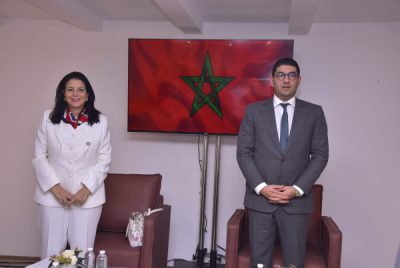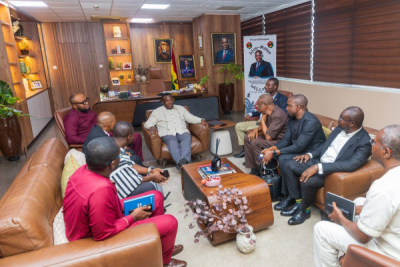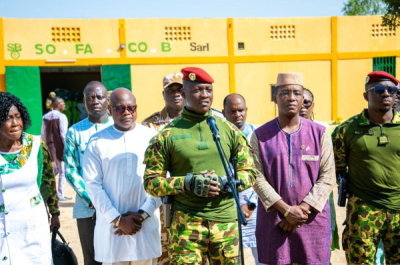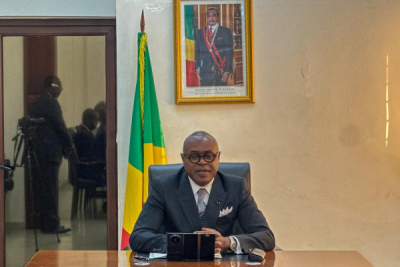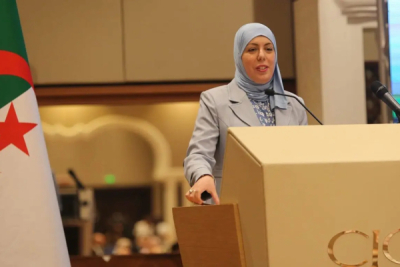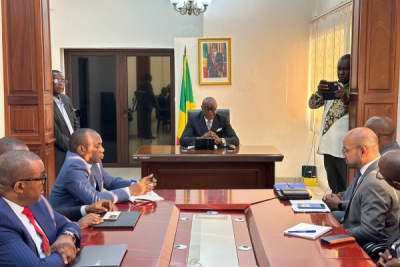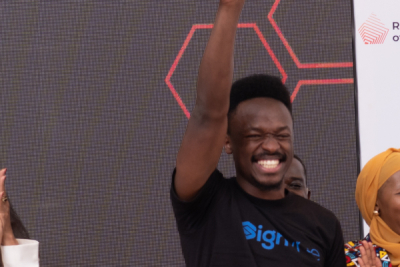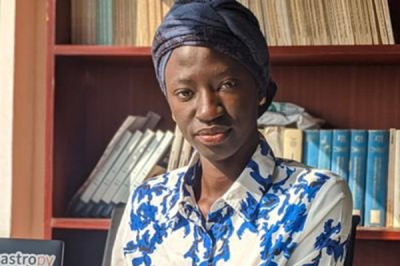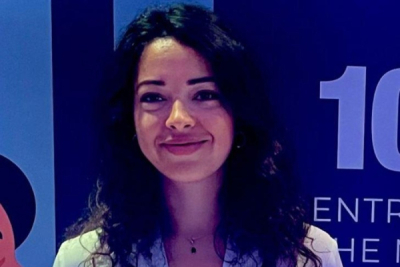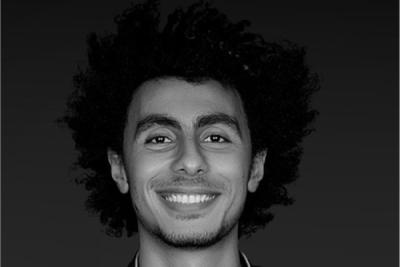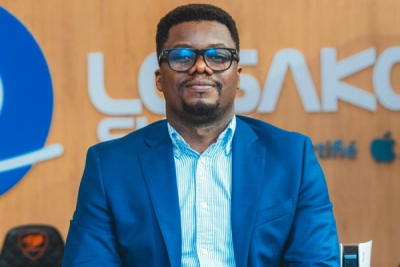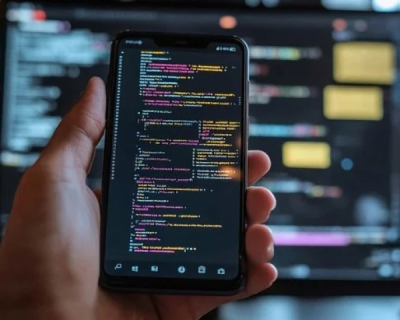-
The program targets 200,000 Moroccan children for training in digital and AI skills.
-
It is part of the “Digital Morocco 2030” strategy to make the country an inclusive and competitive digital hub.
-
The initiative is backed by multiple ministries and the AI Movement Center under UNESCO supervision.
Morocco has launched a national program to train 200,000 children in digital and artificial intelligence (AI) skills, reinforcing its “Digital Morocco 2030” strategy to boost digital inclusion and prepare citizens for the economy of the future.
The government unveiled the initiative on Monday, aiming to equip younger generations with future-oriented skills, promote technology culture, and narrow the digital divide.
The project stems from a partnership signed in March between the Ministries of Digital Transition, Youth, Economy, and Finance, and the International Center for Artificial Intelligence – AI Movement, affiliated with Mohammed VI Polytechnic University and operating under UNESCO supervision.
The first phase was simultaneously launched across 12 cities, mobilizing 65 trainers from participating youth centers. The program will gradually expand nationwide after this pilot phase.
The initiative forms part of Digital Morocco 2030, the kingdom’s long-term strategy to position itself as an inclusive and competitive digital hub. The plan calls for training 100,000 youth annually in digital professions, up from 14,000 in 2022, and includes the creation of specialized schools and support for innovation in emerging technologies.
By introducing 200,000 children to coding, robotics, and AI basics, Morocco aims to cultivate a new generation of digitally empowered citizens capable of driving the country’s digital transformation.
Officials say the program could also strengthen Morocco’s technological sovereignty and consolidate its leadership in innovation on the African continent.
This article was initially published in French by Samira Njoya
Adapted in English by Ange Jason Quenum



